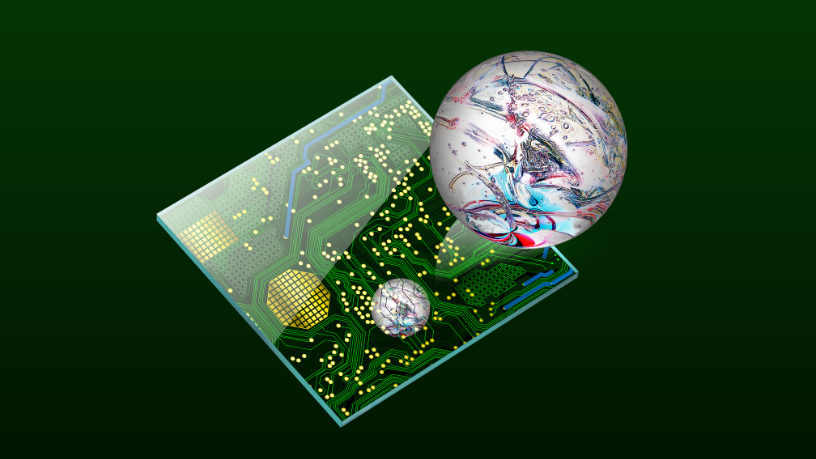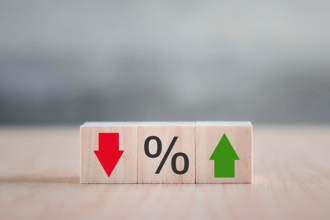Luciano Guimaraes Tebar suggests that the synthetic biology revolution is reshaping entire sectors of the global economy and that its impacts are already being felt in the corporate world and financial markets. The ability to reprogram living organisms to produce materials, fuels, food, and medicines marks the beginning of a new era of innovation that combines science, technology, and strategic investment.
At the same time, synthetic biology is moving beyond being a topic confined to laboratories and is establishing itself as a driver of global competitiveness. Biotechnology firms, chemical industries, and food corporations are vying for space in this emerging market, attracting venture capital and sparking the interest of governments concerned with energy and food security.
Synthetic biology as a driver of economic transformation
Synthetic biology enables the creation of products once considered unfeasible, such as artificial tissues, lab-grown food, and microorganisms capable of producing clean energy. These innovations broaden horizons for companies and investors, stimulating entirely new value chains.
Luciano Guimaraes Tebar emphasizes that organizations allocating resources to research and development in this field can consolidate leadership positions in strategic markets. The potential to replace polluting industrial processes with biological alternatives offers a competitive advantage in a world increasingly focused on sustainability.
In addition, synthetic biology has the potential to directly reduce production costs. By creating more efficient and scalable solutions, companies can expand profit margins while meeting the expectations of consumers and investors concerned with the environment.
New investment models and global opportunities
The synthetic biology sector has been attracting a wide range of investors. Venture capital funds are channeling resources into startups developing disruptive solutions, while large corporations are pursuing partnerships and strategic acquisitions to accelerate their entry into the market.
Additionally, Luciano Guimaraes Tebar notes that multilateral banks and governments are also promoting research, recognizing the strategic role of synthetic biology in food and energy security. This support creates a favorable environment for sector expansion, mitigating risks and fostering innovation.
Another important aspect is the potential for internationalization. Startups developing solutions that can be scaled globally find fertile ground for expansion, attracting foreign capital and strengthening market integration. International trade may also benefit from the export of biology-based technologies, further enhancing the sector’s economic relevance.

Ethical, social, and regulatory challenges
Despite the opportunities, synthetic biology faces significant challenges. Ethical concerns related to the manipulation of organisms, biosafety, and biodiversity impacts continue to generate intense debate. The lack of clear regulation in many regions may hinder sector growth and create uncertainty for investors.
In this context, Luciano Guimaraes Tebar stresses that strengthening international regulatory standards is essential to ensure the legitimacy of the market. Transparency, traceability, and solid governance practices are indispensable factors for earning the trust of consumers and investors.
Social impacts must also be considered. Replacing traditional methods with biological processes may challenge sectors that rely heavily on manual labor, requiring policies for workforce reskilling and fair transition.
Emerging applications driving the global economy
Among the most promising examples are next-generation biofuels, which can significantly reduce dependence on fossil fuels. Another highlight is personalized medicine, developed through genetic manipulation to meet each patient’s specific needs.
In addition, biodegradable materials created through synthetic processes are already beginning to replace conventional plastics in sectors such as packaging and consumer goods. These applications expand the economic attractiveness of synthetic biology and reinforce its role as an engine of innovation across different markets.
Synthetic biology: a promise of growth or a global turning point?
Synthetic biology holds the potential to revolutionize value chains, increase financial returns, and create sustainable solutions for global challenges. At the same time, it demands careful governance, continuous investment in research, and attention to the ethical dilemmas that accompany technological progress.
Luciano Guimaraes Tebar concludes that more than just a scientific breakthrough, synthetic biology represents a turning point capable of shaping the course of the global economy in the coming decades, combining economic growth, social responsibility, and sustainability.
Author: Clodayre Daine









